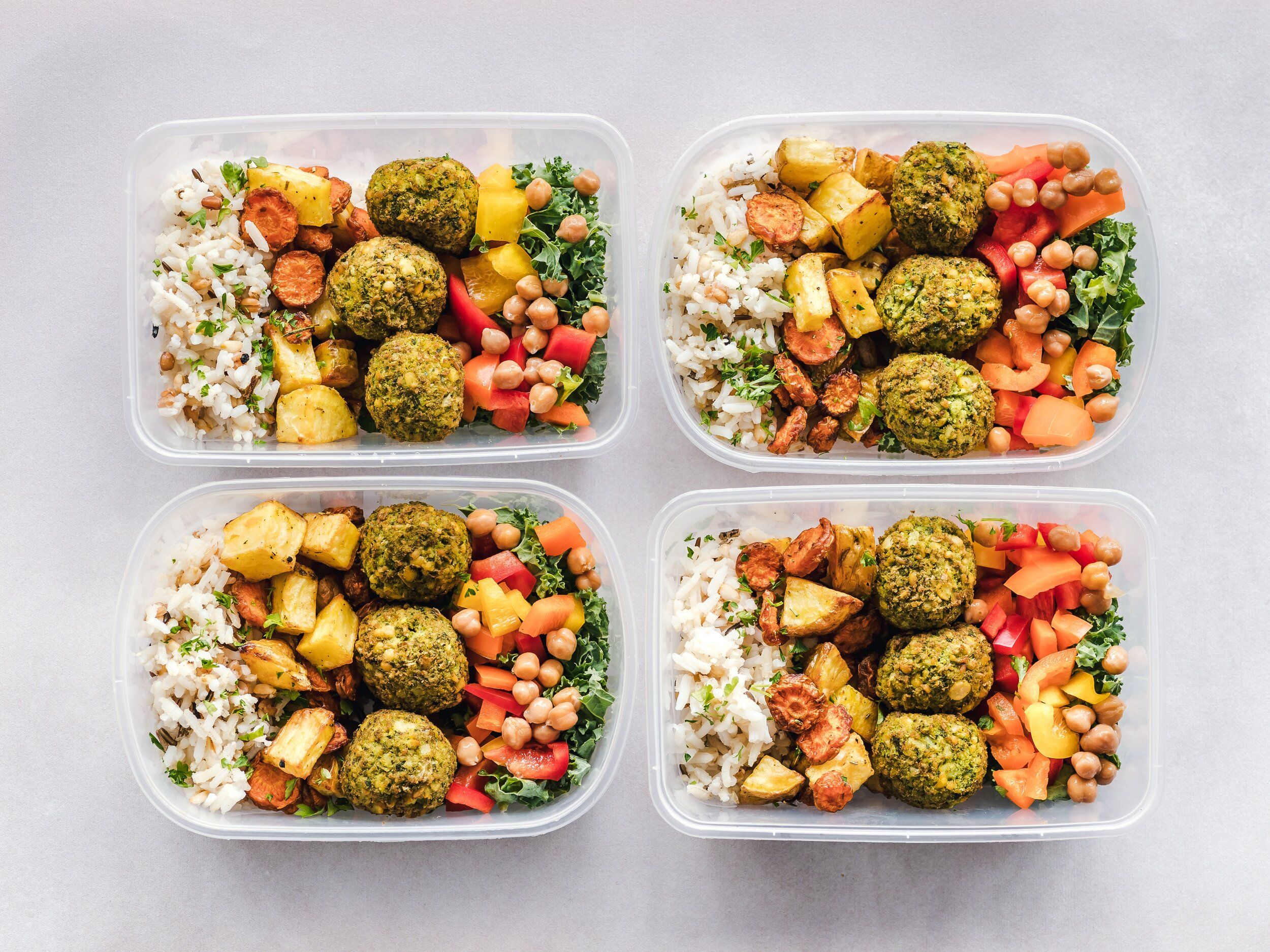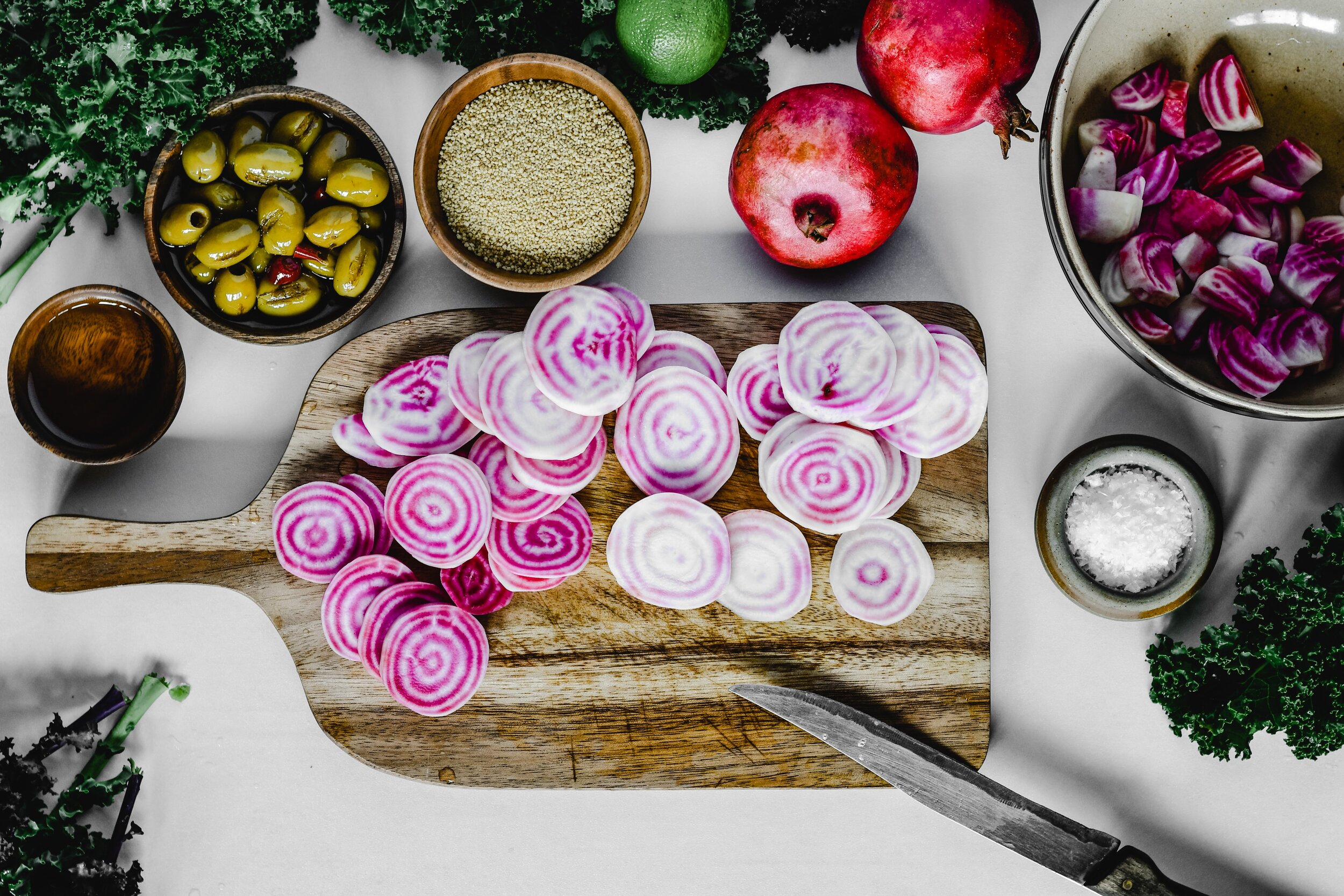Master the Art of Nutritious and Delicious Meal Prepping
Embarking on a healthy lifestyle starts with a well-balanced and nutritious diet. Meal planning plays a vital role in achieving this ensuring you have access to wholesome and delicious meals throughout the week. This comprehensive guide will help you master the art of meal planning and maintain a healthy lifestyle without sacrificing taste or variety.
1. Set Realistic Goals and Assess Your Needs
Begin by setting achievable goals for your meal planning journey. Consider factors such as your personal dietary needs budget and schedule to create a customized plan that suits your lifestyle. Remember one size doesn't fit all so don't compare your progress with others. Stay true to your objectives and you'll see the benefits in no time.
2. Get Inspired and Plan Your Menu
Gather inspiration from cookbooks food blogs and magazines to create a diverse menu. Plan meals that incorporate all food groups including fruits vegetables lean protein and whole grains. Opt for seasonal and locally sourced produce to ensure freshness and better nutritional value. Design your weekly menu to include a variety of flavors and textures so you don't get bored with your meals.
3. Master the Art of Batch Cooking
Batch cooking is your secret weapon in meal planning. By dedicating a few hours on the weekend to prepare multiple servings of staple dishes you save valuable time during the week. Divide cooked meals into individual portions and store them in airtight containers in the fridge or freezer. Reheat as needed for quick nutritious and delicious meals on-the-go.
4. Prioritize Portion Control
One key aspect of maintaining a healthy lifestyle is understanding portion control. Measure your ingredients and use serving sizes as a guide to avoid overeating. Invest in a food scale measuring cups and spoons to ensure accuracy in your meal preparation. By controlling portion sizes you can enjoy your favorite dishes without worrying about excessive calorie intake.
5. Keep Snacking in Check
To maintain a balanced diet make sure to include healthy snacks in your meal planning. Stock up on nutrient-dense options like nuts seeds yogurt and fresh fruit to satisfy your hunger between meals. Avoid processed snacks high in sugar sodium and unhealthy fats as they can derail your progress towards a healthy lifestyle.
6. Opt for Healthy Cooking Methods
Choose cooking techniques that help retain the nutritional value of your ingredients and minimize the use of unhealthy fats. Steaming grilling and baking are excellent options for preparing wholesome meals. Experiment with herbs spices and citrus zest to add flavor without relying on excessive salt or sugar.
7. Stay Organized and Track Your Progress
Keep a meal planning journal to document your weekly menus grocery lists and favorite recipes. This will help you stay organized and make adjustments as needed. Track your progress by noting improvements in energy levels weight management and overall well-being. Celebrate your successes and learn from setbacks to stay motivated on your healthy lifestyle journey.
Conclusion
Meal planning is an essential tool for maintaining a healthy lifestyle. By setting realistic goals planning your menu and using smart cooking techniques you can enjoy delicious and nutritious meals without compromising your well-being. Remember to stay organized practice portion control and embrace the joy of cooking for a healthier happier you.







